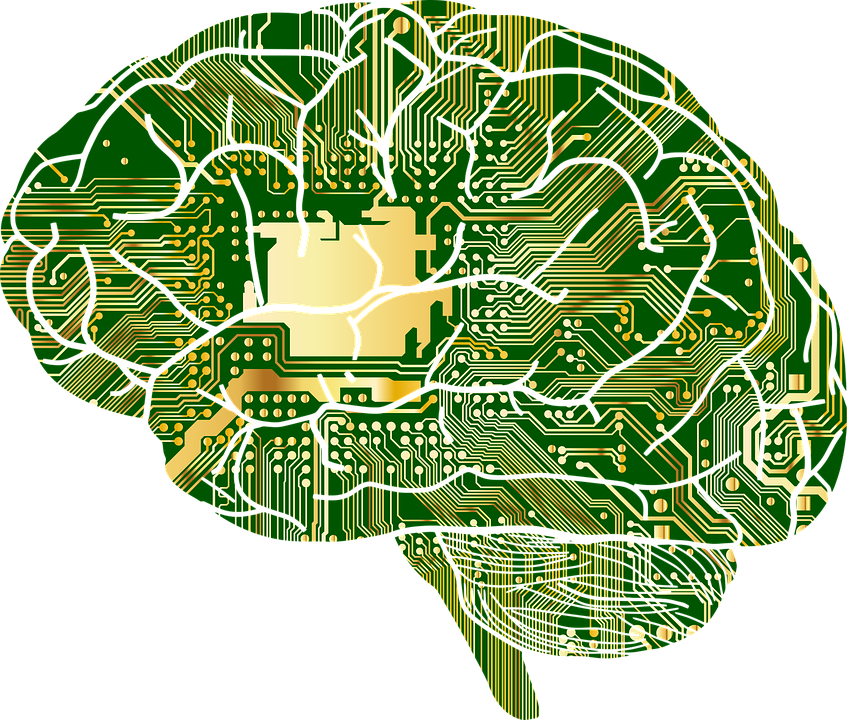
Artificial intelligence is beginning to become more mainstream, and the White House wants to ensure the U.S. is prepared for the aftermath. Following its Preparing for the Future of Artificial Intelligence report, the White House has released its Artificial Intelligence, Automaton, and the Economy report.
“Advances in Artificial Intelligence (AI) technology and related fields have opened up new markets and new opportunities for progress in critical areas such as health, education, energy, economic inclusion, social welfare, and the environment,” the report states. “Although it is unlikely that machines will exhibit broadly-applicable intelligence comparable to or exceeding that of humans in the next 20 years, it is to be expected that machines will continue to reach and exceed human performance on more and more tasks.”
The report looks at the expected impact of AI on the economy, and provides strategies for increasing the benefits.
According to the report, there are five primary economic effects policymakers need to prepare for:
- Positive contributions to aggregate productivity growth
- Changes in the skills demanded by the job market, including greater demand for higher-level technical skills
- Uneven distribution of impact, across sectors, wage levels, education levels, job types, and locations
- Churning of the job market as some jobs disappear while others are created
- The loss of jobs for some workers in the short-run, and possibly longer depending on policy responses.
Strategies to prepare for these effects include:
- Investing and developing in AI for its benefits. According to the report, AI can promote productivity growth and keep the U.S. on the cutting edge of innovation if its development is maximized. The report states we must invest in AI research and development, develop for cyberdefense and fraud detection, develop a larger AI workforce, and support market competition.
- Educating and training Americans for future AI jobs. AI will change the way we work, and the skills we will need in the future. According to the report, we need to prepare for these types of transitions by educating the youth and expanding access to training and retraining.
- Aiding workers in the transition and empowering workers. “Policymakers should ensure that workers and job seekers are both able to pursue the job opportunities for which they are best qualified and best positioned to ensure they receive an appropriate return for their work in the form of rising wages,” according to the report. The report suggests modernizing and strengthening the social safety net.
Beyond this report, the White House says it will continue to investigate and explore AI policy implications.
“AI raises many new policy questions, which should be continued topics for discussion and consideration by future Administrations, Congress, the private sector, academia, and the public. Continued engagement among government, industry, technical and policy experts, and the public should play an important role in moving the Nation toward policies that create broadly shared prosperity, unlock the creative potential of American companies and workers, and ensure America’s continued leadership in the creation and use of AI,” the report states.





